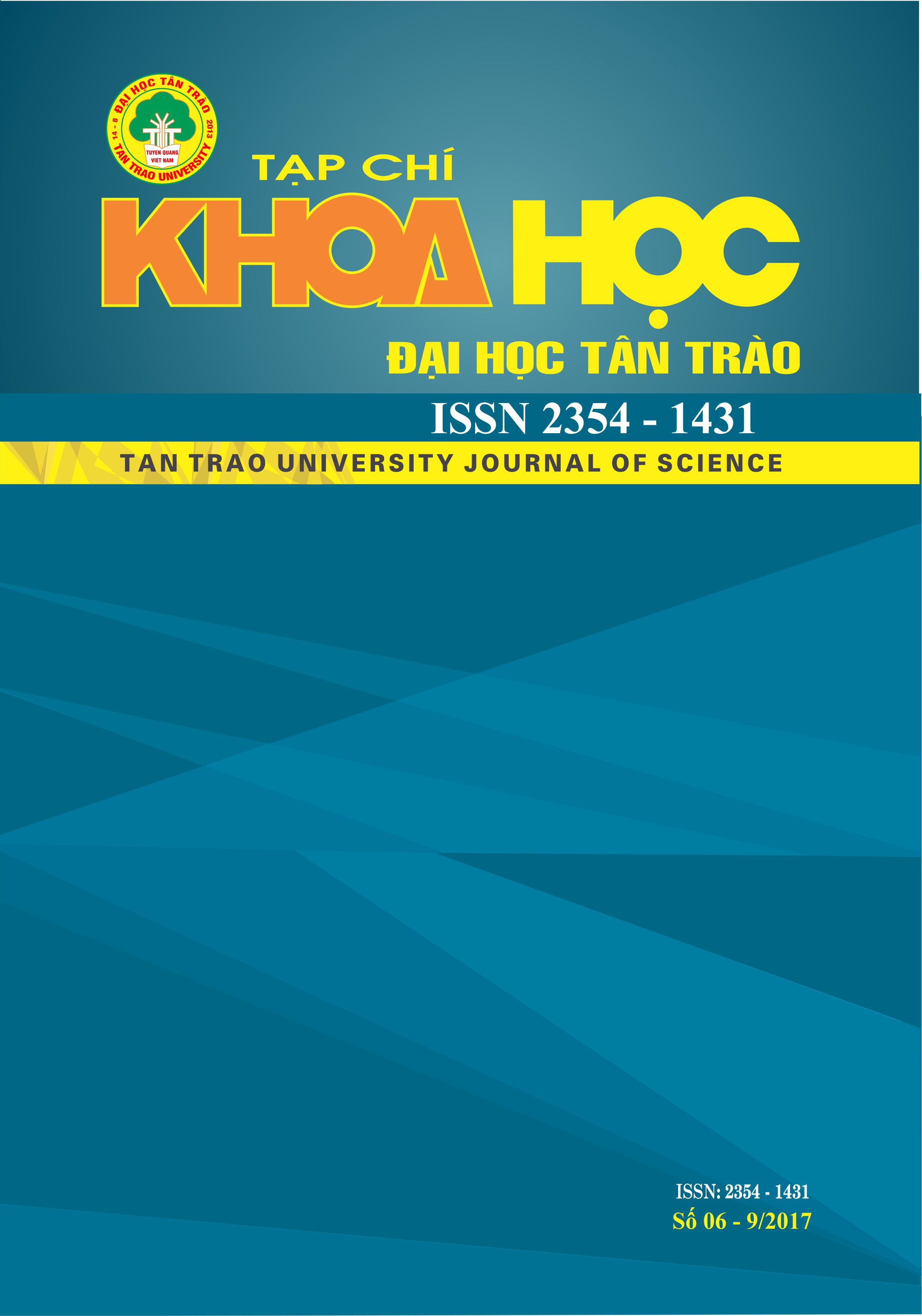Phật giáo trong bối cảnh lễ hội dân gian các nước Đông Nam Á
DOI:
https://doi.org/10.51453/2354-1431/2017/175Từ khóa:
Buddhism;Southeast Asian; Folklore;Festival.Tóm tắt
Buddhism which originated in northern Indian was influenced to mainland Southeast Asian (includes Thailand, Laos, Cambodia, Myanmar and Vietnam) from the early years of A.D. Undergone a long history, Buddhism has deeply influenced the spiritual life as well as on customs of those countries. However, depending on factors of natural environment, society as well as local culture, in each country, Buddhism has shown a flexible approach, adapting itself to different conditions and local ideas. Each nation adopted Buddhism in a unique way according to its national characteristics. Buddhism has assimilated in indigenous religion of host society. The process of indigenization of Buddhism in each country is clearly expressed in a kind of folklore - Folklore Festival in Southeast Asian. This paper focuses on studying Buddhism in context of folklore festivals in mainland Southeast Asian.
Tải xuống
Tài liệu tham khảo
1. Toan Ánh, Tín ngưỡng Việt Nam/Quyển thượng, S.1966;
2. Miến Điện (sách tra cứu), Nxb. “Hayka”, M.1982 (tiếng Nga);
3. Tìm hiểu lịch sử văn hóa Lào, Nxb Văn hóa, H. 1985;
4. Tìm hiểu lịch sử Lào, T.1 và T.2, Nxb. KHXH, H.1981;
5. Nguyễn Đình Phúc, Vài nét về văn nghệ truyền thống Campuchia, Nxb KHXH, H.1989;
6. Nguyễn Bắc, Tìm hiểu văn hóa nghệ thuật Campuchia, Nxb Văn hóa, H.1984;
7. Phya Anuman Rajadhon, Văn hóa dân gian Thái Lan, Nxb Văn hóa - Viện Nghiên cứu Đông Nam Á, H. 1988;
8. “Thailand in to the 80s”;
9. Nguyễn Bích Liên, Miến Điện, H. 1968;
10. Nguyễn Đình Lễ, Đất nước chùa vàng, H. 1988.
Tải xuống
Đã Xuất bản
Cách trích dẫn
Số
Chuyên mục
Giấy phép

Tác phẩm này được cấp phép theo Giấy phép Quốc tế Creative Commons Attribution-ShareAlike 4.0 .
Bài báo được xuất bản ở Tạp chí Khoa học Đại học Tân Trào được cấp phép theo giấy phép Ghi công - Chia sẻ tương tự 4.0 Quốc tế (CC BY-SA). Theo đó, các tác giả khác có thể sao chép, chuyển đổi hay phân phối lại các bài báo này với mục đích hợp pháp trên mọi phương tiện, với điều kiện họ trích dẫn tác giả, Tạp chí Khoa học Đại học Tân Trào và đường link đến bản quyền; nêu rõ các thay đổi đã thực hiện và các nghiên cứu đăng lại được tiến hành theo cùng một bản quyền.
Bản quyền bài báo thuộc về các tác giả, không hạn chế số lượng. Tạp chí Khoa học Tân Trào được cấp giấy phép không độc quyền để xuất bản bài báo với tư cách nhà xuất bản nguồn, kèm theo quyền thương mại để in các bài báo cung cấp cho các thư viện và cá nhân.
Mặc dù các điều khoản của giấy phép CC BY-SA không dành cho các tác giả (với tư cách là người giữ bản quyền của bài báo, họ không bị hạn chế về quyền hạn), khi gửi bài tới Tạp chí Khoa học Đại học Tân Trào, tác giả cần đáp ứng quyền của độc giả, và cần cấp quyền cho bên thứ 3 sử dụng bài báo của họ trong phạm vi của giấy phép.






